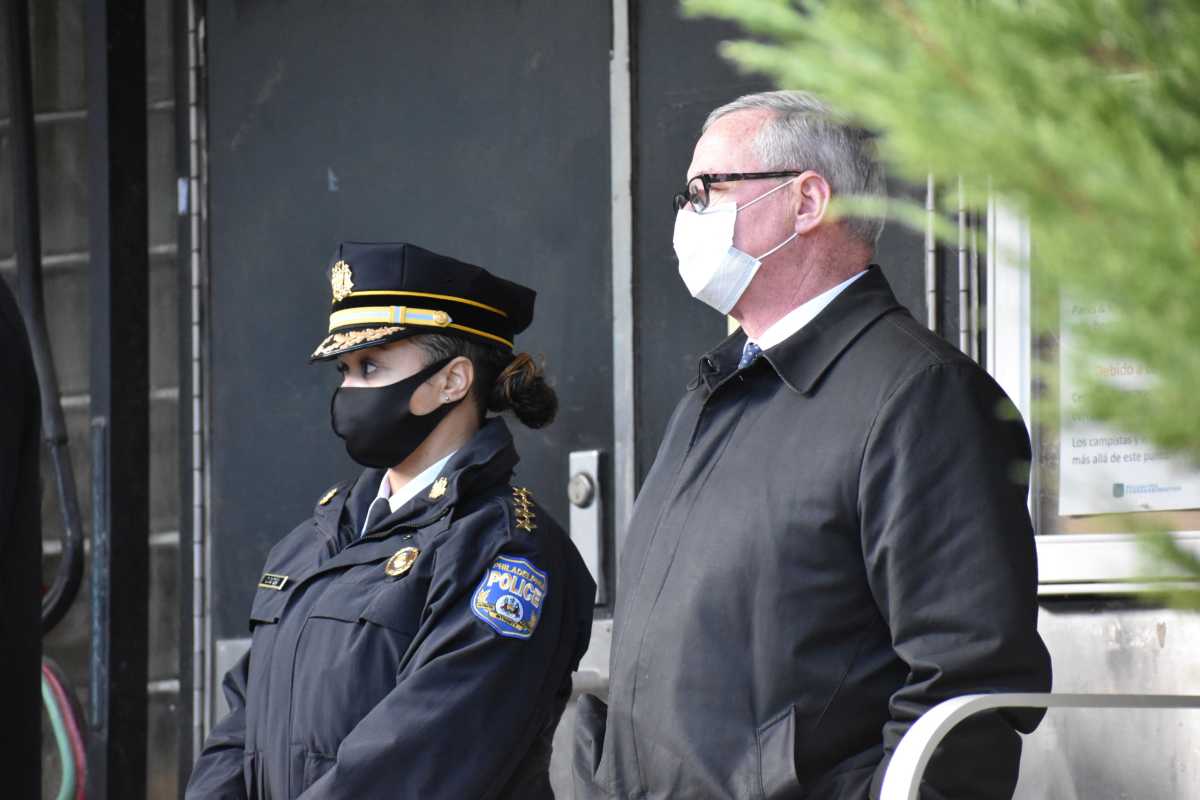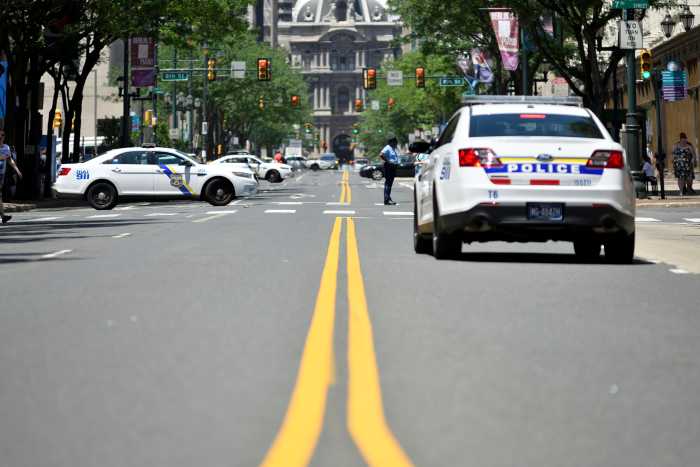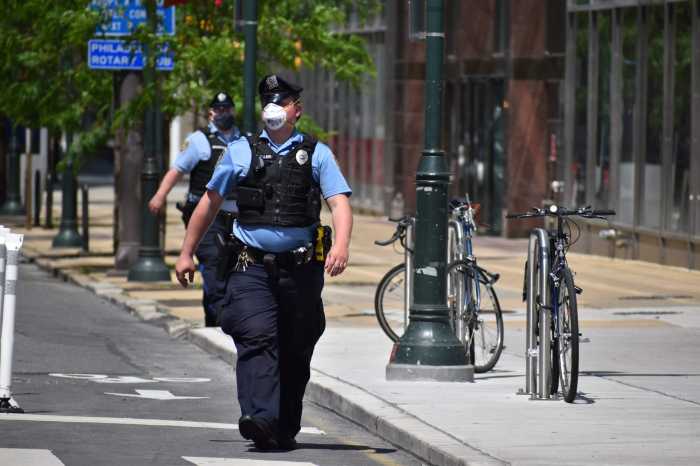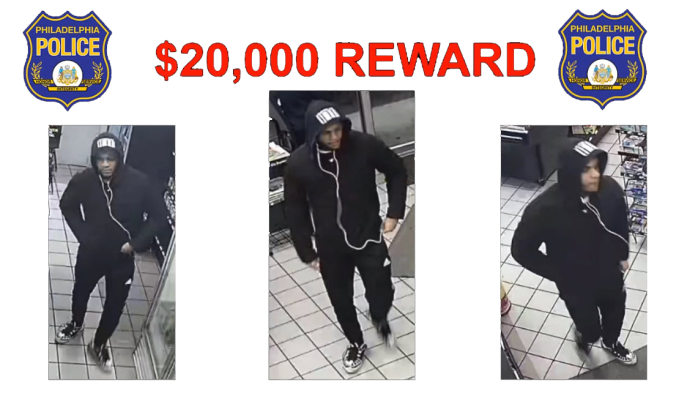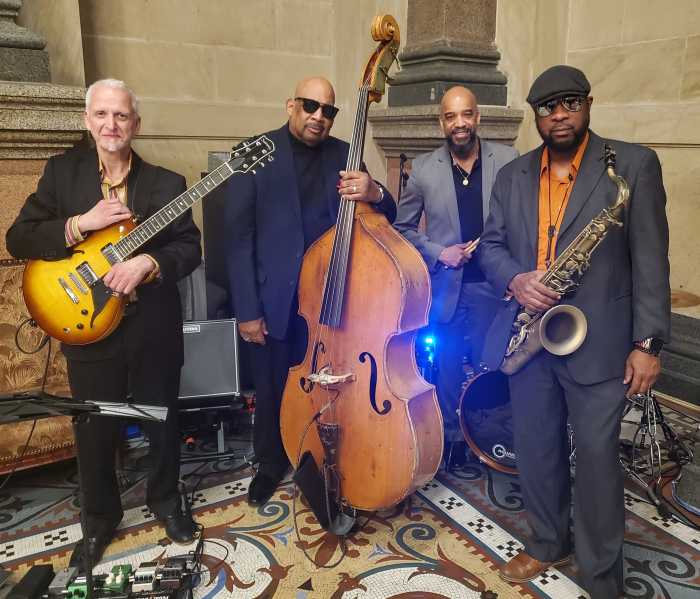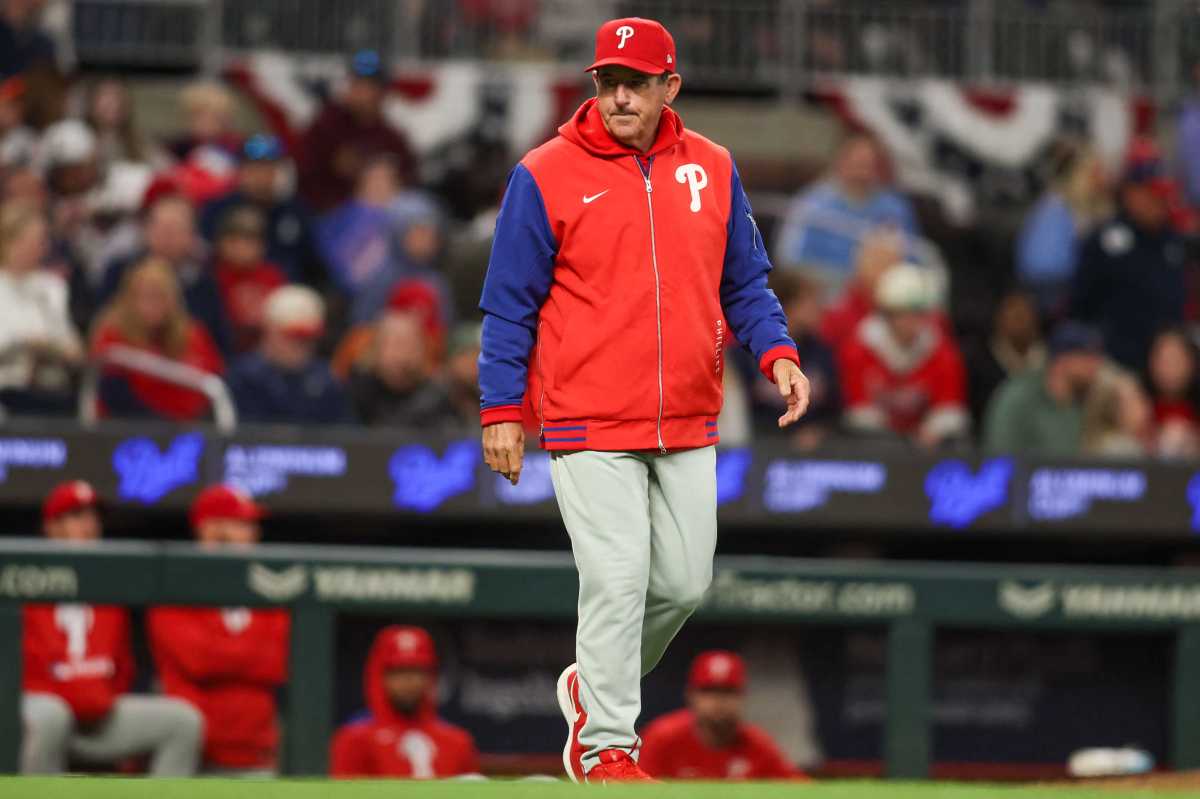Mayor Jim Kenney committed to providing more frequent public updates about the city’s efforts to combat gun violence after a mass shooting at Olney Transportation Center left eight people wounded.
Advocates and some City Council members had also been calling on the mayor to treat Philadelphia’s epidemic of shootings and homicides in the same way he deals with the novel coronavirus.
On Wednesday, Kenney held the first in a series of briefings on gun violence. His administration has said similar updates will be provided on a bi-weekly basis.
Officials did not announce any major policy or strategic changes during the news conference, but they did highlight several recent initiatives and go over staggering statistics about the city’s violence crisis.
“2021 is on track to be the most violent year that we’ve experienced in our lifetimes,” Kenney said. “Our residents need to feel safe in their communities, and I vow to do everything I can to make that a reality.”
More than 400 people have been shot this year, up 57% from 2020, and 40 of those victims have been children under the age of 18.
Homicides, which are up by about 32%, have reached 104 — 13 of whom were kids or teenagers.
“It’s obvious that, despite our officers’ tremendous efforts, we continue to be plagued by gun violence,” Police Commissioner Danielle Outlaw said during the virtual news conference.
“This is not simply a policing problem,” she added. “Turning this around will require the help of our entire community and our city stakeholders.”
Kenney has frequently pointed to the availability of guns, and Pennsylvania’s lax firearms regulations compared to nearby states, as one of the driving forces behind the spike in shootings.
Last year, officers recovered nearly 5,000 guns, an all-time high, and Deputy Police Commissioner Joe Dales said the department is on track to confiscate 6,000 guns related to criminal activity this year.
So far, the PPD has pulled in 1,270 guns, 114 of which have been “ghost guns,” or self-assembled firearms without a serial number.
Arrests for the illegal possession of a firearm have also skyrocketed, from 355 at this time in 2020 to 690 this year, according to Dales.
“The number of guns that are on the street is irrational and crazy,” Kenney said. “We need some help, not only from the state, but from the federal government.”
Gunfire is concentrated in certain neighborhoods. More people have been shot in Kensington — 29 — than anywhere else in 2021, followed by Logan (26) and Haddington and North Center Philadelphia (both 17).
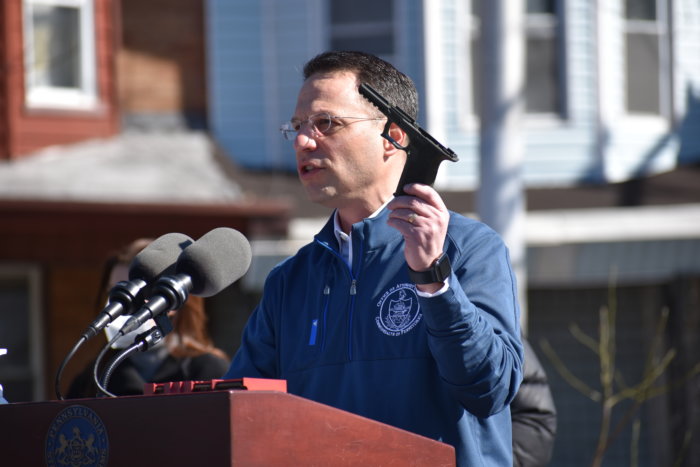
Just under half of this year’s homicides have led to an arrest. Outlaw said the biggest issue is the reluctance of witnesses to come forward, either because they don’t trust the PPD or because they are afraid of retribution.
Mask wearing is another factor. In cases with few witnesses, detectives rely on surveillance video, and it can be difficult to identify someone whose face is partially covered.
Officials say COVID-19 has hampered anti-violence efforts, which usually involve groups of people meeting in-person for conflict resolution.
“We’ve been handcuffed, in many ways, by the requirements related to the virus,” Kenney said.
Even so, Group Violence Intervention, a highly-touted program launched by the city in August, has visited the homes of 500 young people believed to be at high risk for becoming the victim of a shooting or shooting someone else, according to Erica Atwood.
Atwood, who directs the city’s Office of Policy and Strategic Initiatives for Criminal Justice and Public Safety, said her department is launching a co-responder pilot in which behavioral health specialists will be sent out on some emergency calls.
The goal is to focus on de-escalation and connecting people with mental health or addiction services, she said.
It’s a topic that was vaulted into the spotlight after officers in West Philadelphia shot and killed Walter Wallace Jr. in October. Family members have said Wallace had a history of mental health issues.
Atwood said a program on horizon will provide emergency financial assistance for prisoners who have been released from city jails since the beginning of the pandemic.
In addition, at the next briefing, scheduled for March 31, officials plan to unveil an update to the city’s gun violence prevention plan, called “The Philadelphia Roadmap to Safer Communities.”
The PPD is planning to roll out a youth advisory commission, Outlaw said, and another initiative being tested is attempting to connect with young people in North Philadelphia’s 22nd Police District.
“We will not take a passive stance on what’s going on here in Philadelphia,” Outlaw said. “Our neighbors, our mothers, our fathers, our brothers, our sisters, aunts, uncles, our children are dying.”



